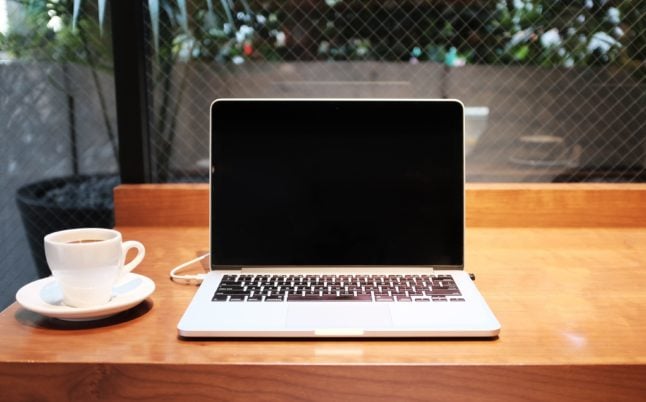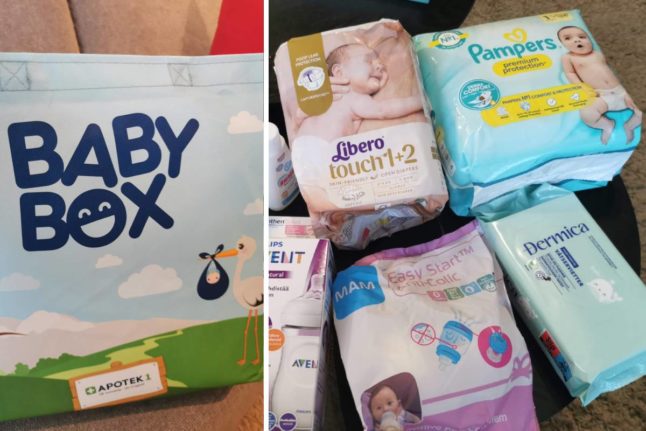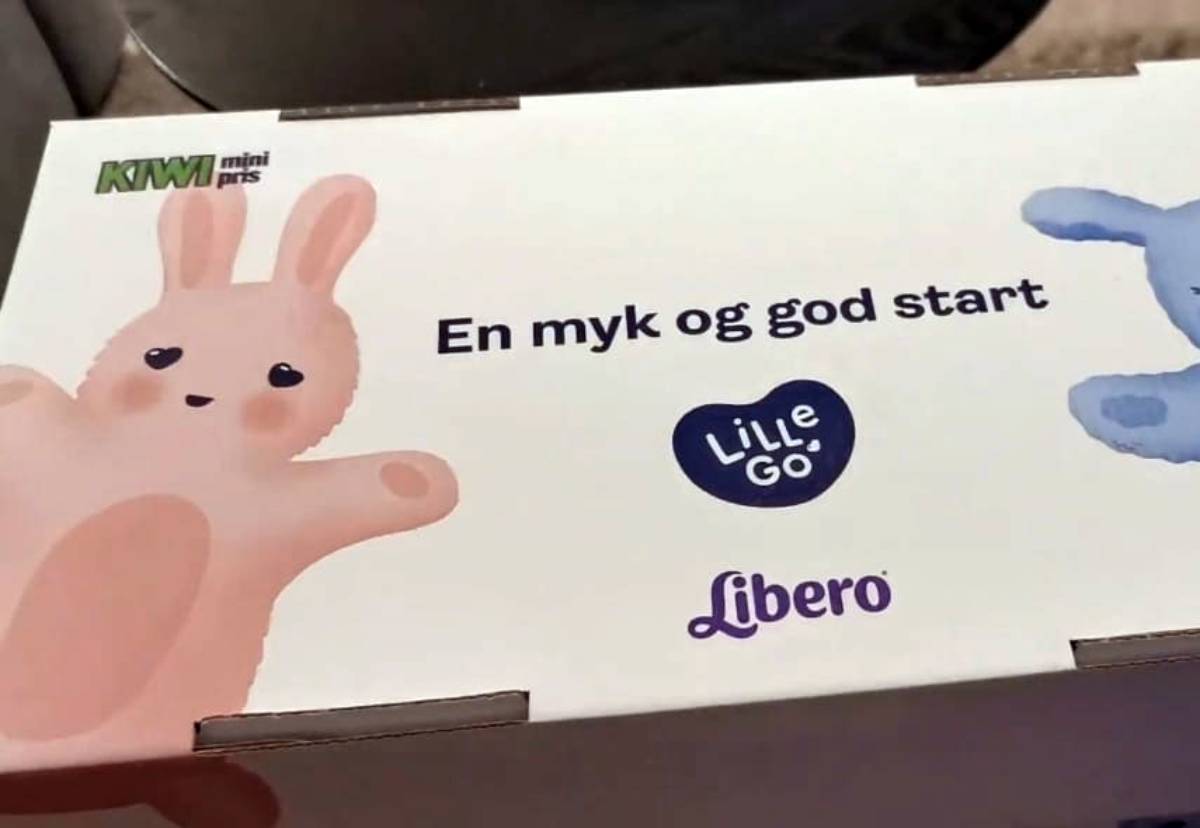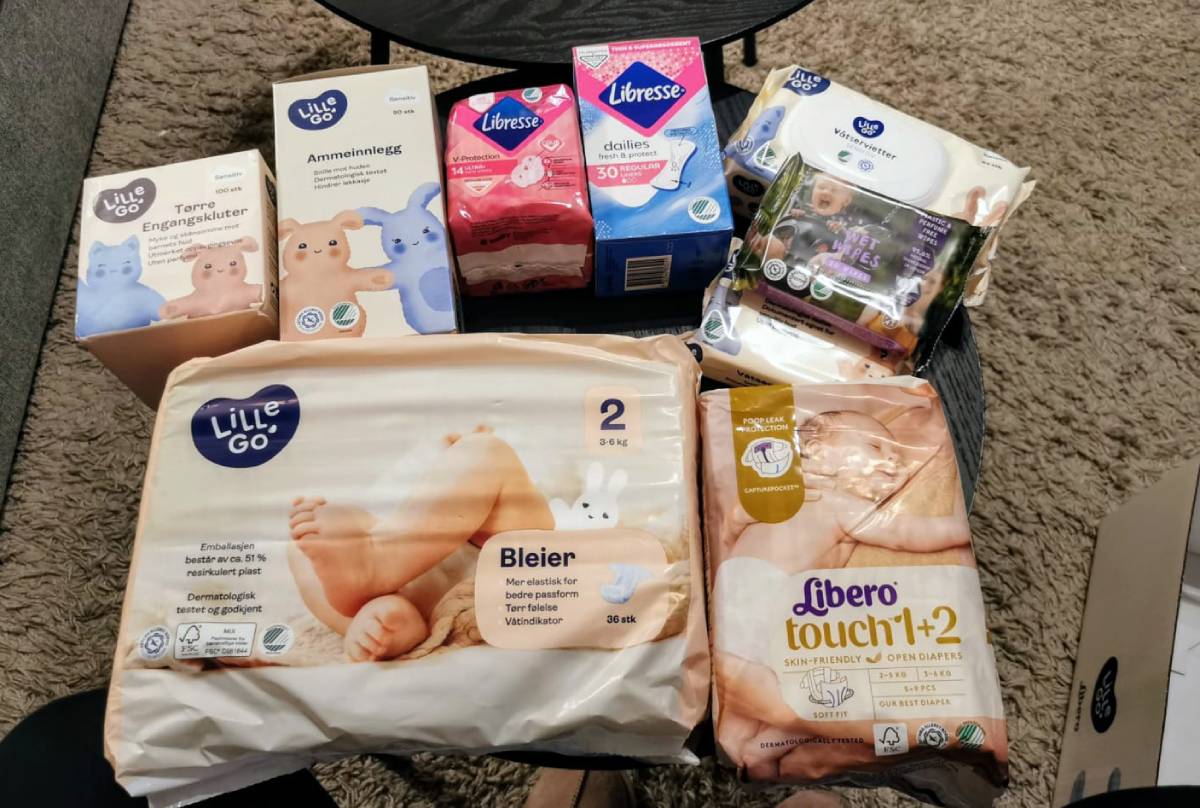Shopping
Vinmonopol- The vinmonopol is a state-owned store that has the exclusive right to retail sales of beverages with an alcohol level over 4,7 percent. The often long queues to get in the store iare so common that Norwegians have created their own expression to refer to them – pol queue. Luckily in this modern age, you can avoid the pol queue and place your order online.
READ MORE: What you need to know about buying alcohol in Norway
Shopping for food and other necessity items- Tired of standing in the checkout queue at the grocery store? Then consider ordering your groceries online instead. There are multiple transport options including pick-up points or door to door delivery. Most of the popular grocery chains in Norway such as Meny, Rema 1000, and Joker all offer their own online food ordering services. Although, the availability of these services is dependent on where you live. So check with your local grocery store to find out what options they provide.
Too good to go- And it’s not just the grocery stores that have jumped on the food delivery and pick-up bandwagon. Too good to go is a popular app that many locals use to pick up food that would otherwise be thrown away in cafes and restaurants. The stores that are working with the app often make their food pick-up times just before closing or during their slower hours making it almost guaranteed for you to avoid the queues.
Foodora- No need to stand in line with an empty stomach while you wait for an available table. The company Foodora has partnered with many restaurants in the larger cities around Norway to make restaurant food delivered to your door a possibility. If you have ever seen a bubblegum, pink clad cyclist biking around the city wearing an insulated thermal backpack, then you’ve just spotted Norway’s most popular food take-away service in action.
Prisjakt – If you’re on a tight budget then finding the best price for an item can be necessary. But there is no need to drive around to different stores and stand in a queue waiting for customer service to compare prices. Prisjakt or “price hunt” is an online site where you can compare prices from everything from electronics to garden furniture all over Norway. You can also use this site to find out which stores have the items you need in stock. In addition, you can set up notification alerts for specific products you’re waiting to buy for when they have gone on sale.
For when you’re settling in
UDI, Politi, and Skatteetaten – Pre-pandemic, waiting in long queues for drop-in appointments with the service centre for foreign workers, the police, and the tax authorities was extremely common. The lengthy queues are currently non-existent as drop-in appointments have been cancelled. Luckily, many services have become available online in order to adapt to the current times. Here is a list of services and information that would be beneficial to know about if you are needing to book an appointment with one or more of these three centres.
Finding a GP – Finding a fastlege or “general practitioner” for yourself and for your family in Norway is a process that can be done entirely online. This goes for if you want to change your current GP as well as scheduling visits to see them. Scheduling appointments must be done on the individual website your GP’s office has set up.
NAV – A wealth of information and services are offered through Norway’s welfare website, NAV. Due to the pandemic, physical meet-ups with social welfare services are limited and avoided when possible. Luckily, you can apply for unemployment benefit, file for maternity/paternity leave and check the status of your applications all online. Note – to file and follow up on all of these requests you must first have a Norwegian ID number.
For driving matters
Getting your driver’s licence- There is no need to stand in line at your local Statens vegvesen, or “traffic services office” to apply for and receive your driving licence. Norway now accepts the digital version that can be downloaded directly to your phone. Be aware that the digital version of your driving licence is only valid in Norway. So you must have a physical licence if you plan on driving outside of the country.
Exchanging your licence
To exchange your foreign driving licence to a Norwegian one there is the option to wait in line at your local traffic service office. But you can also send it in by mail. Just remember to include all necessary documents as well as the application form.
Buying and selling a vehicle- Both the seller and the buyer of a vehicle must always submit a Notification of Sale. Luckily as of February 20th of this year, this can now be done online as well as paying the required registration fee.
Pay before – For appointments such as driving and theory tests that require an in person meet-up, it is often cheaper to pay any upfront fees when you schedule the appointment online. You get a discounted price, and avoid any unnecessary queues to pay at the traffic service office.
Other places to avoid the queues
The post office- the post office is notorious for lengthy queues! Luckily, delivery services have caught on to their customers’ frustrations and have started offering door to door delivery with very little or no extra costs. So remember this option next time you are ordering an item online and have to click on a delivery method. Here you can find more details and information about one of Norway’s most used delivery services Bring.
Banking services- In order to set up a bank account in Norway, you must meet up in person and have the required documents. There is no way around this initial first step. But after that, you may need to never set foot in your bank again. The services offered through your bank’s online banking service often include: paying bills, overview of your account(s), transferring money abroad, transfer between accounts, and applying for a loan. Check your bank’s website to find out what specific services they can offer you online.
READ MORE: What you should know about opening a Norwegian bank account
Useful vocabulary and facts
The top three most popular online stores in Norway are Komplett, Elkøp, and Zalando.
Norway has the second largest e-commerce market in Scandinavia. Its continued growth and popularity has a lot to do with the fact that 97 percent of the countries residents have access to the internet, states Data Feed Watch.
på nett– online
bestill – order
nettside – website
kjøp – buy
levering– delivery
vent i køen – wait in line





 Please whitelist us to continue reading.
Please whitelist us to continue reading.
Member comments